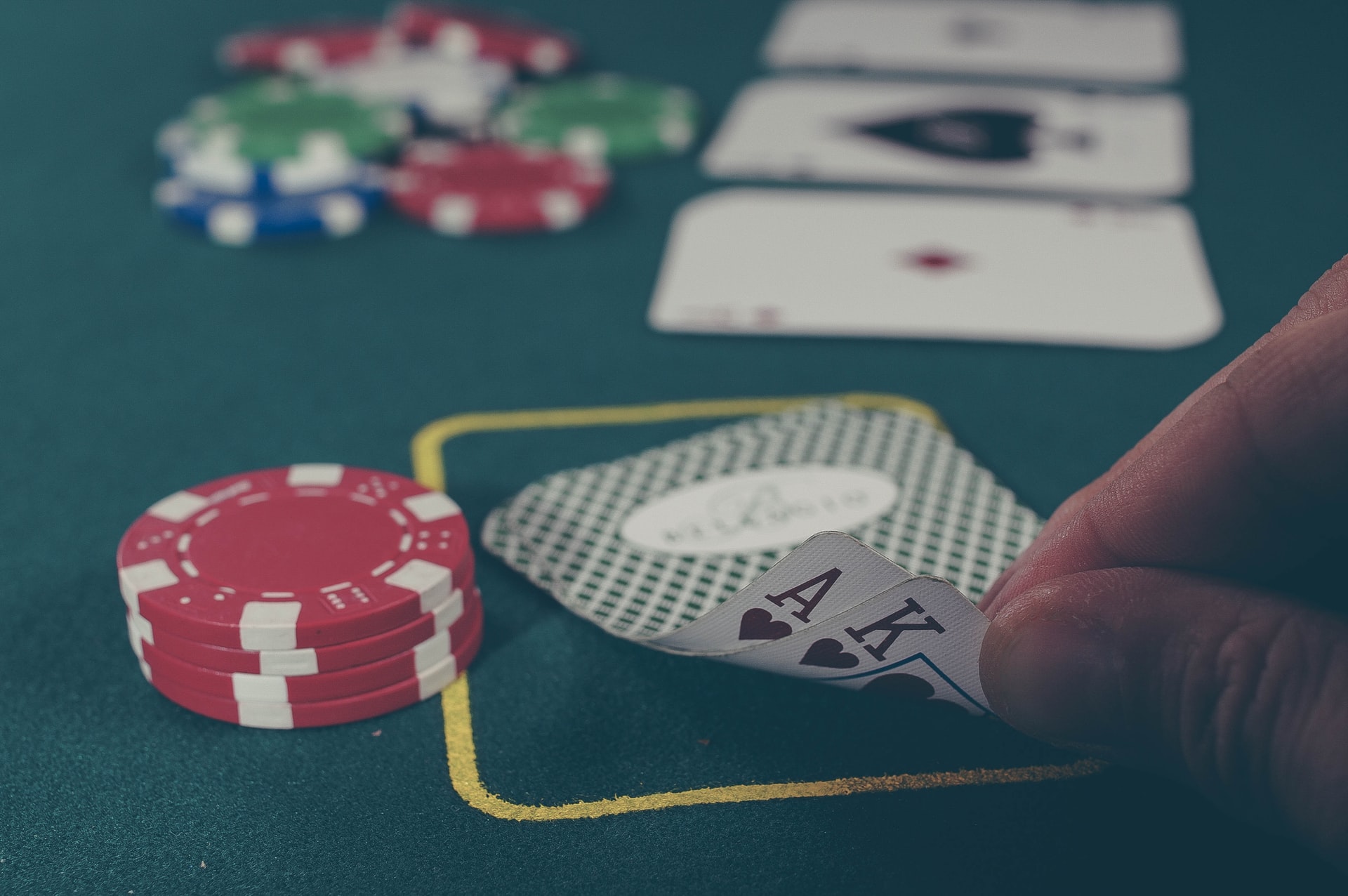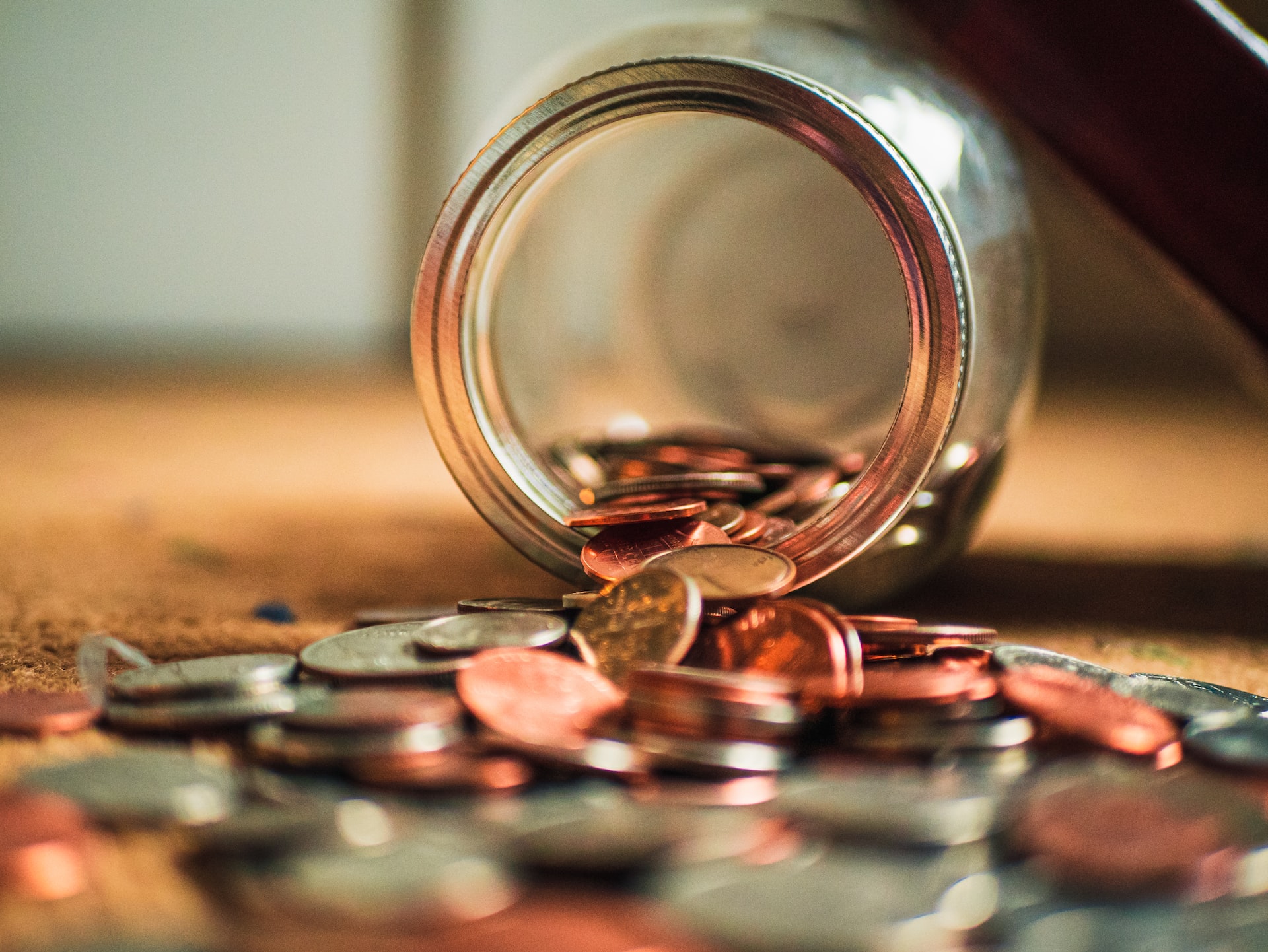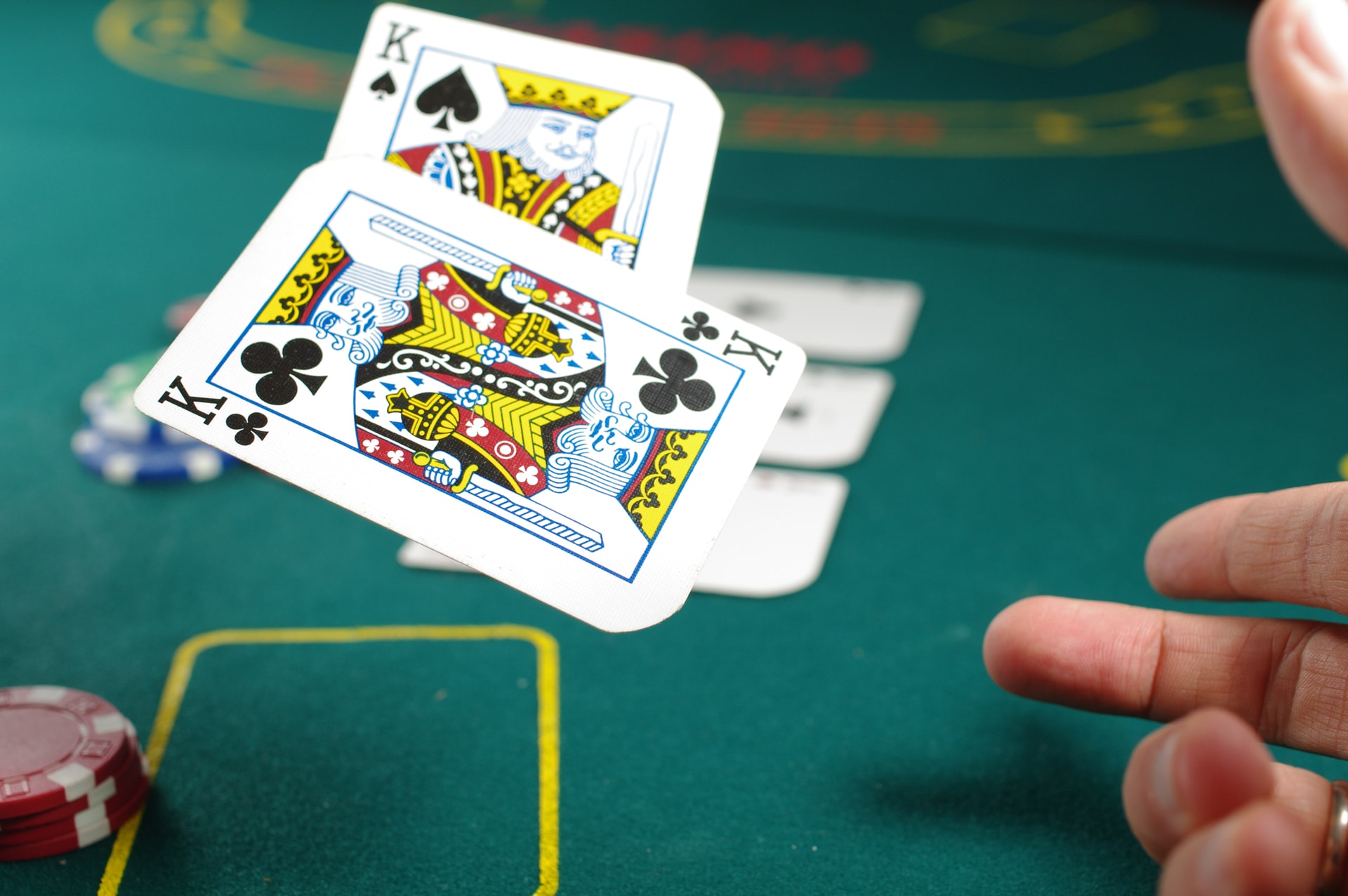You may have thought about abandoning your day job to pursue a profession as a full expert cards player if you have played cards for some time and realized you can actually make some money from it.
The notion of playing poker as a career might be very alluring: You would become your own leader, and choose your own playing schedule, and there is no upper limit to the amount of money you can earn as there are many online real money casinos that are legit. But it’s undoubtedly not suitable for everyone; an idiom that perfectly captures its drawback is:
“Poker is a difficult way to have a comfortable life”
You will face several challenges if you decide to make a career out of gambling. In order to make certain that you can do whatever is within your power to succeed, we have laid out 8 phases that you’ll need to undertake if you choose to plunge into the game and be a gambling professional. Let’s go on to these actions right away:
Phase 1 is to confirm that you enjoy practicing poker

If you have a genuine passion for the game, poker might be far more gratifying than a 9–5 employment. In today’s society, a lot of people want to support themselves by doing something they enjoy, and so many card gamers are actually achieving this. However, it’s likely that you will experience burnout as a professional if you believe you are solely playing for financial gain. The fact that poker is such a tough game will wear on players who are only interested in the financial gains and don’t like the game itself.
Phase 2: Benefit from the flexibility that poker offers
You can choose your own hours in a very small number of jobs. Online gambling is one of those, even though it encourages you to play when the cards are at their best. You are still free to take vacations whenever you want, make last-minute travel arrangements to compete in a tournament series, or simply take the day off if you don’t feel like playing. You will have no one but yourself to answer to. Poker has frequently been compared by great players to managing a company since both involve the ability to think critically and adjust to shifting conditions. Nobody will make you play if you don’t want to if you are effectively your own employer. Therefore, it’s crucial to establish effective routines that support your effort.
Phase 3: Increase your income power

You want to offer yourself the greatest chance of success when you go pro. Since game choice is one of the crucial elements that affect your long-term financial performance, you must search for the finest games that fit your skill set. We advise choosing a single game format to focus on because playing multiple game formats will probably make you proficient at many games but a master at none.
Phase 4: Managing your finances effectively
We believe that bankroll management is crucial and cannot be emphasized enough. When managing your finances, playing professionally is very different from playing for fun or as a supplementary hustle. When you play professionally, you need enough buy-ins to withstand a prolonged losing run while still being able to sustain yourself.
Phase 5: Improve your skills until you can compete with the best players in your regular game

Whether you specialize in cash games or tournaments, you must not only sense that you possess a tiny advantage in the matches you play but also have a clear grasp as to how you outperform your rivals and which technical talents make you a significantly stronger player compared to your average competitors. You need to study if you don’t think you can defeat your opponents.
Phase 6: Address any emotional problems that may arise as a result of the variability in poker
If you intend to stay in the sport of cards for the big scheme of things, you must learn to accept variance. You must at least think about temporarily lowering your stakes when you don’t feel like winning. When things are moving well and you are in a winning frame of mind, it is much simpler to bring your best game, which may be easier to do in a shorter match in which you have a greater benefit than in your typical game.
Phase 7: Look after your physical and emotional health

Professional gambling pros are youthful, physically healthy, and committed to maintaining their mental and physical sharpness. The top players around the world maintain their bodies as meticulously as elite athletes do; there is no place for them to give an advantage to their rivals even off the playing surface. You should quit eating poorly and stop ignoring your emotional needs if you want to get a competitive edge at poker. The best advice we can give you is to work on your health, fitness, and relaxation on your own or with a coach’s assistance.
Phase 8: Live life in addition to poker
Having social connections and activities away from poker that temporarily diverts your attention from the game is preferable because casinos are undoubtedly taxing environments. In order to feel balanced in your life, you should establish daily routines for jogging and mindfulness meditation. Maintaining your most crucial relationships, especially those at home, will make you far more effective when playing.
How Much Time Does it Take for the Ordinary Citizen to Develop into a Pro Player?
To become an expert card player, the ordinary citizen requires at least one year of practice. This amount of time is required to prove beyond a reasonable doubt that the player has mastered the sport to a world-class level in addition to being a consistently successful player. Today, a lot of people rush into being professional card players because they enjoyed playing the cards for a few weeks or nights and, in some circumstances, they also hated their day jobs. This is almost always a mistake because a few nights or even a few days straight are insufficient to prove that you are an expert card player.
Concluding Remarks
How long does it currently take to become a competitive card player? The ordinary citizen should need at least 12 months to do this, in my opinion. Before deciding to become a pro, you should be absolutely confident that you’re a long-term successful player. You can speed up the process by becoming an expert in a few challenging poker techniques. However, you shouldn’t make the decision to become a skilled card player hastily. Take your time to be sure you’ve made the best decision for yourself.
